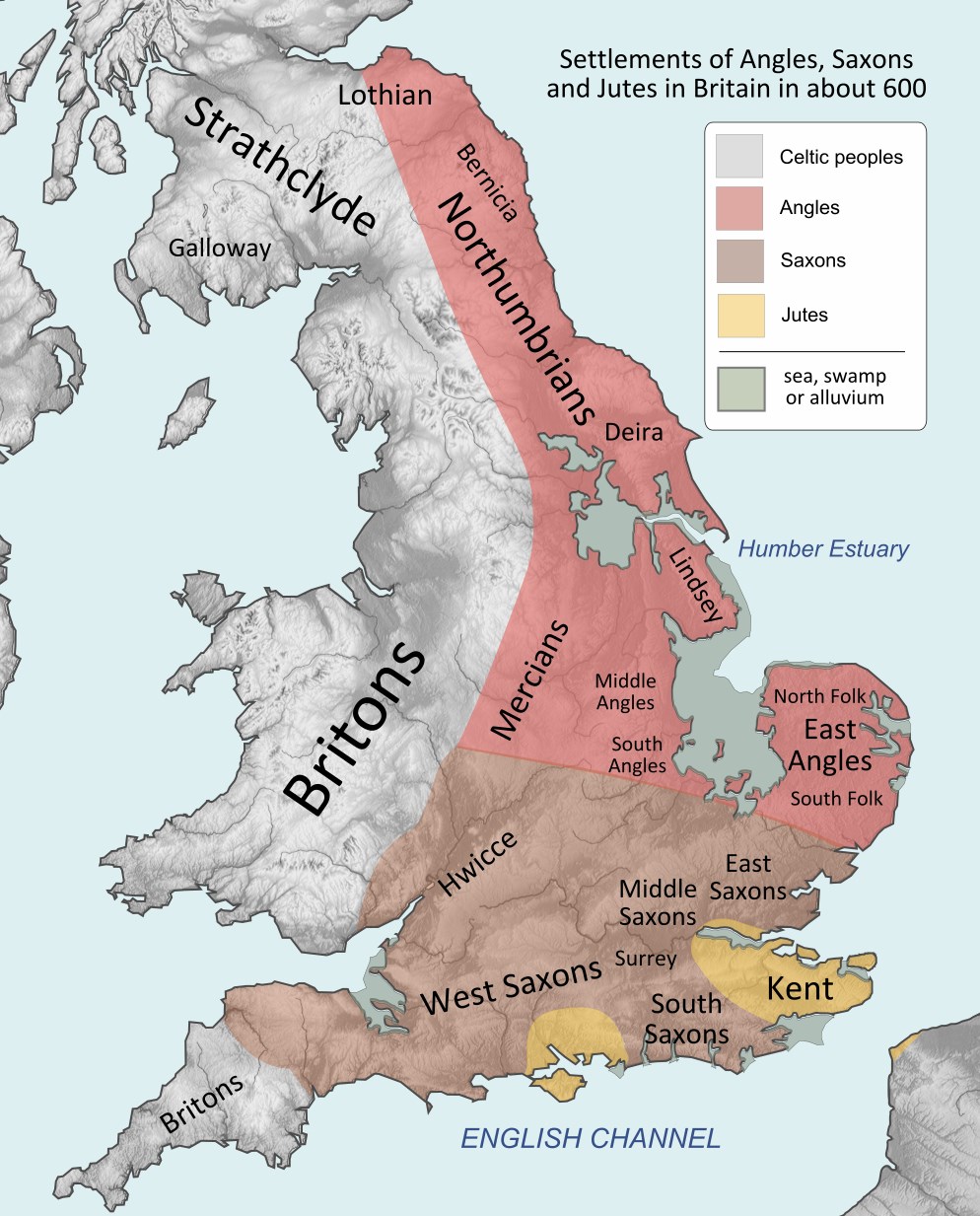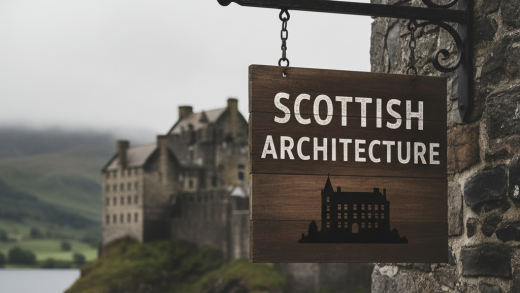
⚔️ Summary
- Date: c. 603 CE
- Location: Degsastan (exact site uncertain, possibly near modern Liddesdale, on the Anglo-Scottish border)
- Combatants:
- Bernicia (Northumbria): led by Æthelfrith, King of Bernicia
- Dál Riata (Scottish Gaels): led by Áedán mac Gabráin, King of Dál Riata
- Supported by Brittonic allies (possibly from Strathclyde or Gododdin)
🛡️ Background
In the early 7th century, the Anglo-Saxon kingdom of Bernicia was expanding northward under King Æthelfrith. The Gaels of Dál Riata and the Britons of southern Scotland saw this as a threat. Áedán mac Gabráin formed a coalition to stop Anglo-Saxon expansion.
⚔️ The Battle
According to Bede (in Historia Ecclesiastica Gentis Anglorum), Æthelfrith won a decisive victory despite being outnumbered. Áedán’s army was crushed, and one of Æthelfrith’s brothers, Theobald, was killed in the fighting.
🧭 Aftermath and Significance
- The defeat ended Dál Riata’s attempts to expand into Northumbria and curbed Scottish influence in the region for a generation.
- It secured Bernicia’s dominance in northern Britain, paving the way for the later unification of Bernicia and Deira into Northumbria.
- It also marked a turning point in Anglo-Saxon consolidation in the north.
- Áedán mac Gabráin reportedly survived but lost prestige and power.
📜 Sources
- Primary: Bede’s Ecclesiastical History (Book I, Chapter 34)
- Later Chronicles: Irish Annals (Annals of Ulster, Annals of Tigernach) mention a defeat of Áedán around the same period.
Discover more from WILLIAMS WRITINGS
Subscribe to get the latest posts sent to your email.




